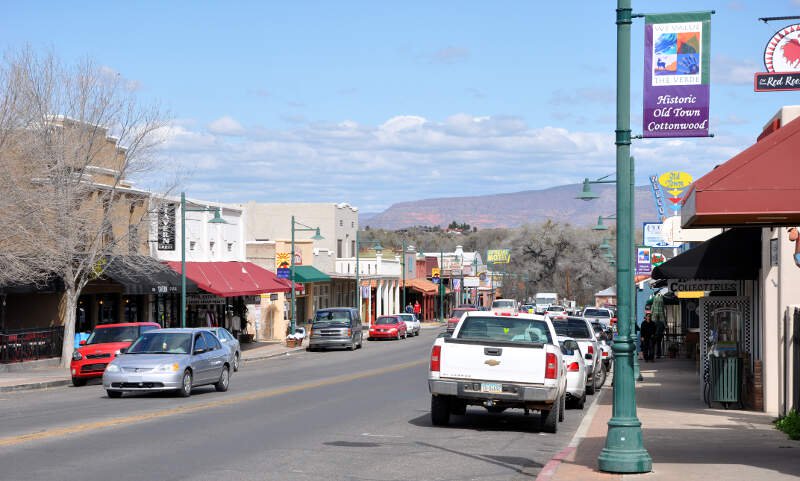The beginning of construction is approaching for the expansion of broadband internet access to rural schools in Apache County, Arizona.
The new development was spurred by the Arizona Broadband for Education Initiative, an effort by the state Department of Education to bring schools and libraries across the state equal access to high-speed internet service.
“With the help of the (Arizona) Corporation Commission and the governor’s office and us, we all sort of teamed together to pass the initiative,” said Stefan Swiat, public information officer for the Arizona Department of Education. Swiat wrote the grant application that made the broadband initiative possible.
“I commend my staff at the Department for making this opportunity a reality for so many students in rural areas,” said Arizona Superintendent of Public Instruction Diane Douglas. “Equal access to broadband services is critical to the success of a child’s education in the 21st century.”
Apache County Schools Superintendent Barry Williams is also on board for the project. The superintendent’s office heads the Apache County Schools Business Consortium, which plays a pivotal role in the development of the broadband system.
“High speed, reliable, affordable internet has the potential to deliver, in real-time, educational opportunities currently accessible to students in metropolitan communities,” Williams said. “Never in the recent past has there been an opportunity to improve infrastructure to the degree this opportunity provides.”
Better internet access will broaden the range of programs and learning tools available to rural students and better equip them for higher education and beyond, Swiat said.
“Some of the opportunities that students would receive that they didn’t in the past include digital learning, long-distance learning, telemedicine, tele-therapy,” he said.
This would also be a huge advantage to teachers in rural communities, where state universities aren’t right around the corner, Swiat said.
“Increasing access to reliable, affordable broadband service is complex and challenging — but it is crucial to helping our rural communities bridge the digital divide,” said Governor Doug Ducey. “I’m very proud of the work the Arizona Broadband for Education Initiative is doing to create pathways that foster student success and advance economic prosperity in Arizona schools and communities that need it most.”
NTUA Wireless (NTUAW), a wholesale and retail communications company majority-owned by the Navajo people, is the contractor for the broadband project. NTUAW, a subset of the Navajo Tribal Utility Authority, will construct the physical fiber-optic cable infrastructure and provide the bandwidth for a high-speed internet connection.
“The Arizona Broadband for Education Initiative provides a once-in-a-generation opportunity for all schools in Arizona to sign up to upgrade to high-speed internet service at little or no cost,” Douglas said.
The federal government is funding 90 percent of the school broadband fiber installation, and the other 10 percent is commissioned by the Arizona Department of Education, said Fred Brakeman, project manager for the broadband development. Brakeman is the president and CEO of Infinity Communications and Consulting in Bakersfield, California.
“The schools themselves are not out a penny, which is a good thing,” Brakeman said.
Brakeman said he hopes other proposed expansion sites in Apache County, including several more school districts and libraries, will be funded soon. If so, that construction could be done simultaneously. It would also be wise for service providers to lay extra cables of their own for future residential and commercial use, as it would greatly decrease the cost of new infrastructure, Brakeman said. Swiat agreed.
“This is a great opportunity for municipalities to piggyback on top of the fiber that is laid there,” Swiat said. Rural towns “should use this as an opportunity to wire their whole community.”
Brakeman stressed, however, that the funding from the federal government is strictly earmarked for schools under the Arizona Department of Education E-Rate Program. If cable companies want to expand their infrastructure, they would have to find the funding themselves.
“It’s kind of like the first step of then providing a lot more bandwidth to other businesses, to city and county offices, and eventually maybe into the home,” Brakeman said. “So we’re trying to do what we can in baby steps to get that connectivity to not just schools but to everybody in the county.”
















Add comment